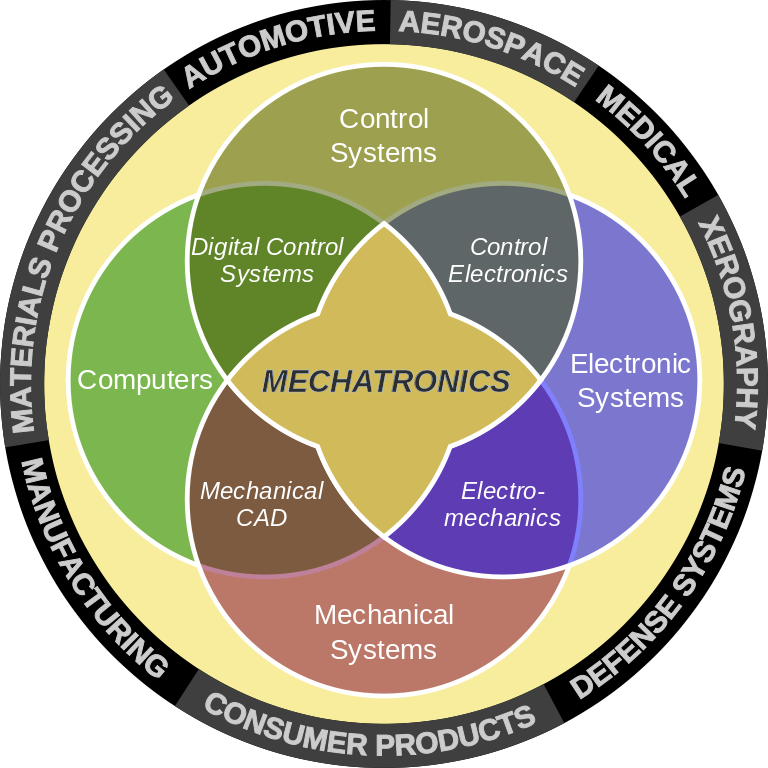Ye have been enjoined to renew the furnishings of your homes after the passing of each nineteen years; thus hath it been ordained by One Who is Omniscient and All-Perceiving. He, verily, is desirous of refinement, both for you yourselves and for all that ye possess; lay not aside the fear of God and be not of the negligent. Whoso findeth that his means are insufficient to this purpose hath been excused by God, the Ever-Forgiving, the Most Bounteous.
Kitab-i-Aqdas
Since I retired, Alasdair and I have made a few simple modifications to that building formerly known as the garage (with attached shed), but now referred to as the workshop (with attached annex). My hope is that this building will result in something more than just more conspicuous consumption, but will be a small center for practical social change.
In the Baha’i Faith, there is a requirement to refurbish, as shown in the above text. This text generates discussion, not only in terms of what should be included (cars?) but also the handling of antiques and rare possessions. Some days, I read the text as an admonition to keep possessions longer than is common today. The Tripp-Trapp chairs in the house are about 34 years and 28 years old, respectively. They are still used daily. None of our cars have lasted 19 years, yet. However, I will be very disappointed if my 2023 VW Buzz doesn’t last at least 19 years. In fact, I have every intention of keeping it until my 100th birthday in 2048, when it will be 25 years old.

The workshop is designed to aid refurbishment, not just selfishly – but also in terms of community. It is a place where products are to be designed, and prototypes made. If the prototypes are successful, then further copies may be made. This may even involve batch production.
An equally important act is the publication of product information. The workshop is, naturally, an open source environment. Products designs developed there are to be made freely available to others. This blog will be an important element in distributing information. However, there are other things that need to be done. One of the challenges of the open-source movement is quality control. Products need to be tested, and the results of those tests have to enter a feedback loop, so that designs can be improved.
Woodworking is the initial focus of the workshop. Shop cabinets and French cleat storage units will be some of the first products to be made. The goal is to have the workshop in working order by 2018.01.01. “Machine Alley”, a 6-meter (20 feet) long section of the workshop will consist of eight 600 mm (24 inches) long units, with a uniform height. Machines will have their own particular unit assigned to them. However, it should be a relatively easy task (less than one hour of work) to move a machine to a different location.

A large number of wooden products are being considered for the workshop including: a replacement garden shed, a winter garden, kitchen cabinets, a replacement dining table and chairs. At the community level there may be a need for geodesic dome greenhouses that could be produced at this, or another workshop, in the Vangshylla community.
As our own personal refurbishment becomes more complete, I see a gradual transition to other materials than wood. A solar water heater is one example of a product that uses very little wood, more plastic and a lot of metal. With the use of active systems, it is here that we are entering the world of mechatronics (mechanics + electronics + a lot more).

Personally, I would also like to learn other construction skills. I have made a decision that using a gym or studio to exercise is a waste of time and money. Lifting a few tons of wood or steel is as good exercise as lifting weights. I won’t even mention the word, spinning. In the Unit One blog, there has been some discussion about making paving stones, and using stucco (rendering) on walls. These activities will keep anyone in shape.
While I would like to work with heavy materials for as long as possible, aging is an ongoing process. At some point a refocusing on robotics may be natural. Regardless, a key element is a focus on community – and the needs of others. I am looking forward to using the workshop over the next 19 years. By then, at the age of 88, there could be yet another refurbishment, with new horizons opening for me to explore.

